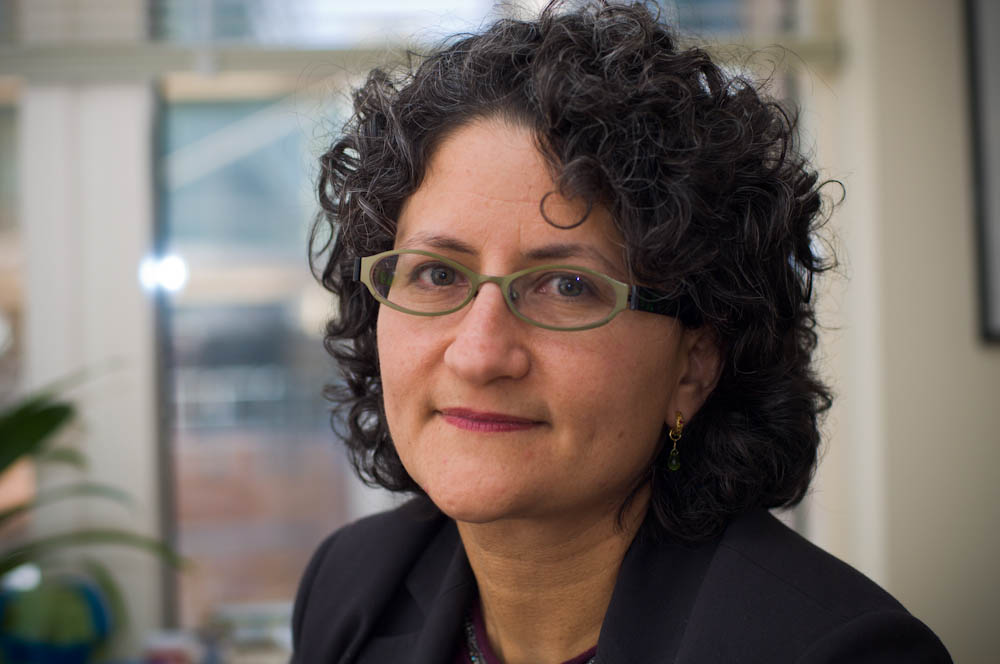Joanne Wolfe, MD, MPH, founded the Pediatric Advanced Care Team (PACT) in 1997 to help ensure children who are living with life-threatening diseases like cancer, and their families, enjoy the best quality of life. The program, a part of Dana-Farber/Boston Children’s Cancer and Blood Disorders Center and the Department of Psychosocial Oncology and Palliative Care, and Wolfe, were featured recently in The New Yorker. We spoke with her about the benefits of pain and symptom management, and palliative care for pediatric patients.

Q. What is PACT?
A. PACT is a group of physicians, social workers, and nurse practitioners. We provide an extra layer of support to children with serious illness and their families throughout treatment, ensuring that the child’s quality of life is a top priority for families and medical teams making difficult care decisions.
We make sure we bring attention to the whole patient and family as children are undergoing treatment for their illnesses.
